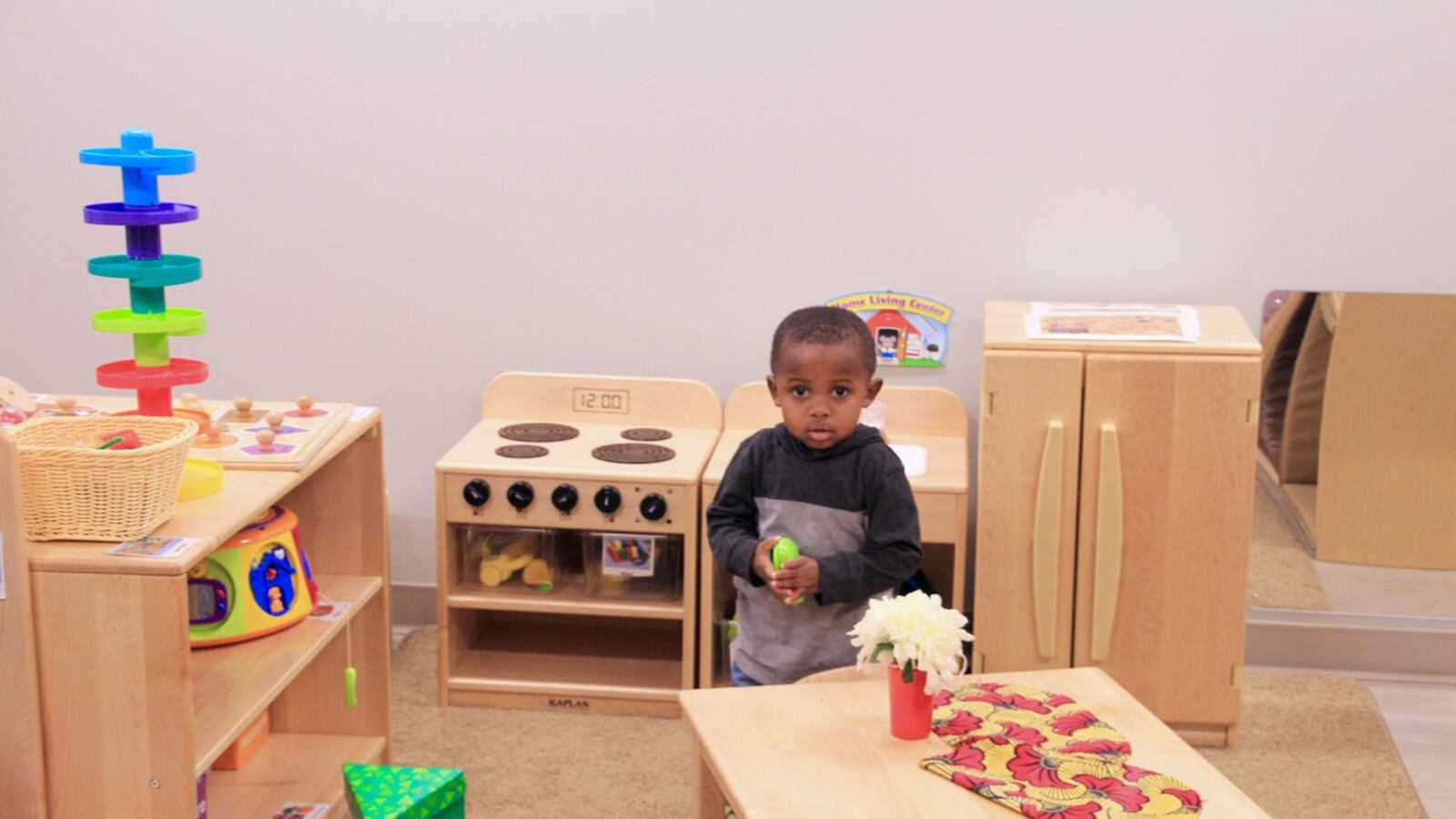Shelby County’s pre-K committee has recommended delaying additional early childhood spending until 2020.
The committee voted 4-2 Tuesday in favor of a plan that pushes back by a year funding increases for free, need-based pre-K programs. The full Commision is slated to vote Monday on the county budget for the fiscal year 2019, which includes pre-K funding.
Tuesday’s vote walks back Commissioner Steve Basar’s recent proposal, which had the county adding an additional $2.5 million for pre-K this calendar year and contributing $15.1 million a year toward pre-K by 2021.
In the committee session, Commissioners Van Turner, Melvin Burgess, George Chism, and Reginald Milton voted to approve the new recommendation, crafted by Wanda Richards, director of administration and finance for the county. Commissioners Steve Basar and Willie Brooks voted against it.
“I want us to add seats at the same level as in my proposal,” Basar said, of his desire to fast-track additional pre-K seats. “That’s why I voted against this plan today.”
Under the new recommendation, the county would contribute $3 million for pre-K in the fiscal year 2019, as it has for the past several years, and the number of free pre-K seats in the county would hold steady at about 7,500. The county would then add an additional $2.5 million for 2020, and continue to scale up to a total $8 million by 2022.
Currently, about 7,420 of the country’s 4-year-olds attend free school programs, and those seats are funded with a combination of city, county, state, federal and philanthropic dollars. A coalition of nonprofit groups led by Seeding Success — an organization tasked with improving educational outcomes countywide — has been working to close the funding gap. The consortium is seeking to raise $16 million in public funding for the pre-K seats.
That money is part of its $40 million plan to raise the level of early childhood education in Memphis. The group is counting on private philanthropy to cover the remaining $24 million, and that money will be earmarked for home visitation services, high-quality childcare, and tracking data.
The expiration of an $8 million federal grant in 2019 could reduce free pre-K seats by 1,000 if additional revenue doesn’t come through. To pay for every child who can not afford pre-K, Memphis would need about 8,400 seats, according to Seeding Success, at the total cost of about $16 million a year.
A sticking point for the committee was over whether Shelby County Schools district or the county itself would add to its pre-K budget for the 2019 year.
The school district approved an increase of $2.4 million to $4.8 million in pre-K funding for 2019, said Shante Avant, the Shelby County Schools board chair, who was present at the meeting. But the school budget won’t be officially approved until the county commission votes on it this month. The county is the funding body for the schools.
If approved, the district’s increase in funding will allow the county to maintain its 7,500 pre-K seats for 2019-2020 despite the expiration of the federal grant. The county’s own increase in money, combined with new city funding and district funding, would total $16.6 million by 2022 — creating 1,000 new seats and making free pre-K available to all who qualify.
Melvin Burgess, the committee’s chair, said he felt Tuesday’s vote was a good step forward.
“We needed to get the ball rolling,” Burgess said. “We can always amend this recommendation once we approve the [Shelby County Schools] budget.”

